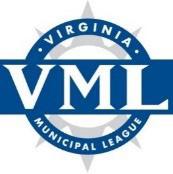
City of Suffolk 2026

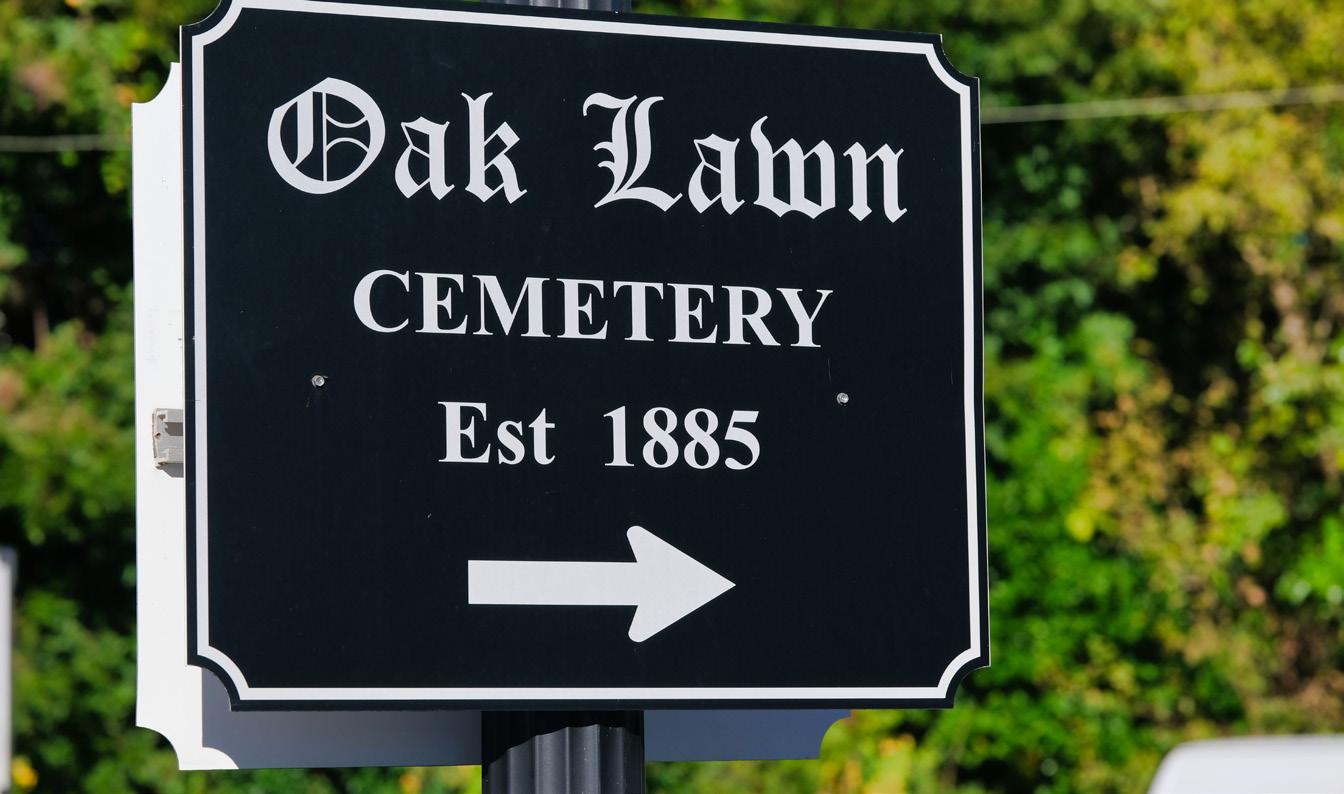
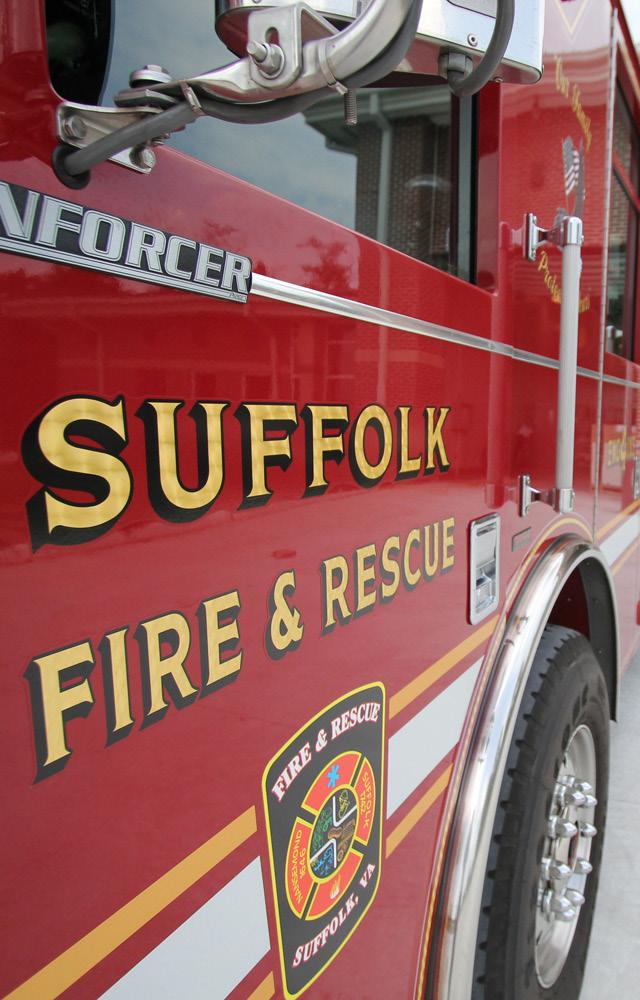
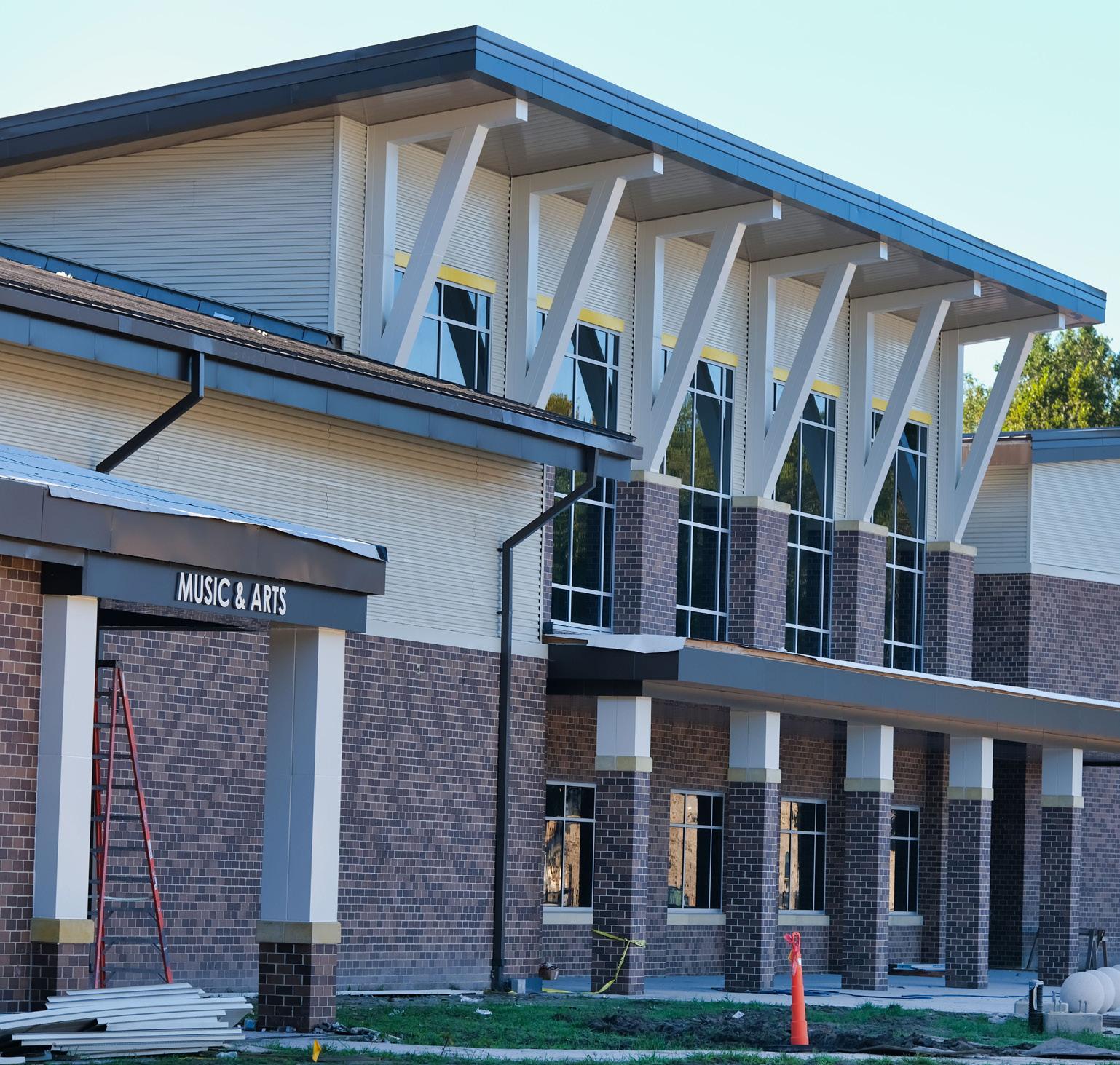





City of Suffolk 2026








Michael D. Duman Mayor
Lue R. Ward, Jr. Vice Mayor / Nansemond Borough
Leroy Bennett Cypress Borough
Shelley Butler Barlow Chuckatuck Borough
Ebony Wright Sleepy Hole Borough
Timothy J. Johnson Holy Neck Borough
John Rector Suffolk Borough
LeOtis Williams Whaleyville Borough
Kevin Hughes Interim City Manager
William Hutchings, Jr. City Attorney
Erika S. Dawley City Clerk
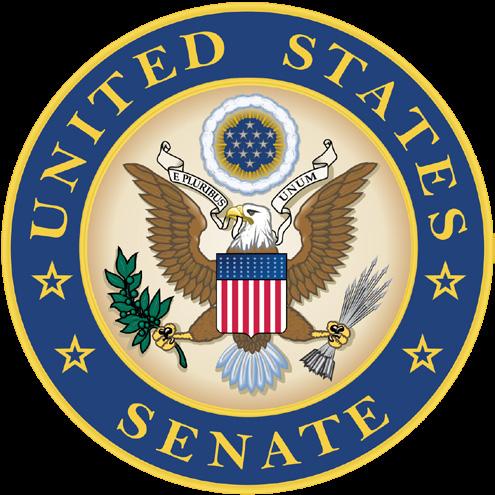
Sen. Tim Kaine
United States Senate
Sen. Mark Warner
United States Senate

Rep. Jen Kiggans
Second Congressional District
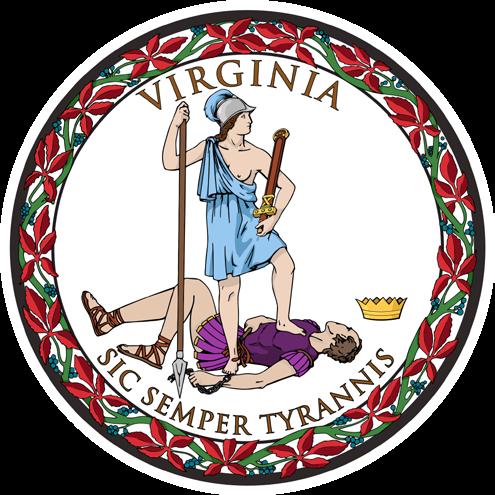
Senator Emily M. Jordan Senate District 17
Delegate Nadarius E. Clark House District 84
Delegate-elect Karen Robins “Kacey” Carnegie House District 89
The City of Suffolk supports policy solutions that will increase regional funding to finance and construct critical unfunded primary and secondary road improvements in the City and across the region that are necessary to support economic development, the Port of Virginia, military/federal facilities, resiliency/flooding and public safety for those who live, work, visit and travel through the Hampton Roads region. The City further recognizes the need for dedicated, sustainable transit funding to strengthen regional mobility, expand access to jobs and services, and ensure the longterm viability of an integrated transportation network.
The City of Suffolk supports amendments to its charter to modernize outdated provisions and align the charter with current practice. These changes are largely technical in nature and will help ensure the City’s governing document accurately reflects how operations are managed today. Key updates include:
• Council Composition (Sec. 3.01): Correcting language to reflect eight Council members, consistent with the addition of the directly elected Mayor in 2008 and Section 3.03 of the Charter.
• City Clerk (Sec. 3.08): Removing obsolete language from the 1970s related to an initial appointment term and clarifying the appointment process and responsibilities of the Clerk as they exist in practice.
• Department Oversight (Sec. 7.02-7.03): Updating language to reflect the City Manager’s direct responsibility for department directors, consistent with Suffolk’s established management and reporting structure. By making these adjustments, Suffolk will strengthen the clarity and usability of its charter, ensuring it remains a reliable framework for governance while avoiding confusion between outdated text and current practice.
The City of Suffolk recognizes that E-911 dispatchers play a critical public safety role—providing lifesaving instructions, handling mental health crises, and ensuring rapid deployment of police, fire, and EMS services—yet face high stress, heavy demands, and a 30% turnover rate. In response to this, the City supports policy solutions to strengthen the recruitment, training, wellness, and retention of E-911 dispatchers, ensuring they have the resources and recognition necessary to continue serving as a critical lifeline in every community.



The City of Suffolk is seeking state and/or federal funding to support the following priorities:
The City of Suffolk supports increased state support for school construction and modernization. Over the next 10 years, an estimated $425 million will be needed to keep pace with the City’s school construction and modernization needs.
The City of Suffolk supports increased state investment in Virginia’s fire services to ensure local departments have the resources needed to protect residents and respond effectively to emergencies. Suffolk urges the General Assembly to increase Aid-to-Localities (ATL) funding, modernize the distribution formula to reflect community needs, and provide sustained grant funding for protective equipment, vehicles, and recruitment and retention. The recent VCU study underscores that current funding levels fall short, leaving localities to shoulder costs that exceed their capacity. Strengthening state support is essential to meet growing demands, address disparities among localities, and ensure that fire departments remain equipped, staffed, and ready to serve.
The City of Suffolk supports increased funding for the Department of Forensic Science, including resources for the Norfolk regional office, to improve staffing and equipment. Current lag times in evidence processing are delaying criminal prosecutions and undermining public safety. Additional state support is essential to reduce backlogs, strengthen the justice system, and ensure timely outcomes for victims and communities.
The City of Suffolk is seeking $3 million for work related to the federally mandated Lead Service Line (LSL) identification, verification, inventory, replacement and public engagement.
The City of Suffolk is seeking $3 million for the High Hazard Potential Dam (HHPD) rehabilitation grant program to enable improvements to the Crumps Mill Dam to increase the reliability and serviceability of this water supply dam and to protect Route 10 as an evacuation route.
Carrying more than 30,000 vehicles daily, the Mills Godwin and Hazelwood two-lane bridges are a critical alternative to the James River Bridge and Monitor-Merrimac Bridge-Tunnel crossings, but face significant congestion and safety challenges. Proposed parallel bridge improvements will address corridor capacity constraints, provide traffic redundancy during maintenance, and benefit Suffolk as well as neighboring localities. With full preliminary engineering estimated at $75 million, the City seeks $10 million to fund a corridor study, National Environmental Policy Act (NEPA) review, and 30% design.
The City of Suffolk seeks $500,000 for a study of a proposed two-lane roadway connecting Nansemond Parkway to Shoulders Hill Road. The project would provide an unimpeded route between northern Suffolk and Downtown Suffolk, addressing traffic delays caused by at-grade rail crossings and improving access to Interstate 664.
The City of Suffolk is seeking $8 million to complete preliminary engineering for replacement of the former King’s Highway Bridge with a 4,200-foot, two-lane bridge over the Nansemond River connecting Route 125 and Route 10. The project will include a ten-foot multi-use path and five-foot sidewalk. Suffolk has already secured $3.04 million in federal funding to cover 30% of design work, enabling completion of NEPA, the Type/Size/Location Report, and geotechnical studies; the additional funds will allow the remaining 70% of design to be completed.
The City of Suffolk recognizes the need for infrastructure improvements along the Route 460 corridor, a key commercial freight and vehicular gateway to the region. The City proposes widening and modernizing a three-mile segment from the Route 58 Bypass to Lake Prince Drive, including a new interchange at Route 58/Route 460. This project will support future Port of Virginia growth, regional businesses, and local travelers. Suffolk is seeking $66.5 million for construction.
The Route 58 corridor is the third heaviest route traveled in Hampton Roads and a critical gateway to global markets through the Port of Virginia. The City of Suffolk supports working with VDOT to evaluate improvements to the existing Route 58 or an alternative limited-access alignment from Suffolk to Emporia to better serve residents and businesses. The City is seeking $3.5 million for a feasibility study to assess options and establish a path forward.
The City of Suffolk plans to widen a 1.27-mile section of Wilroy Road from the Nansemond/Wilroy flyover to the existing four-lane section at the Route 58 ramp. This improvement will match adjacent roadway sections, reduce congestion, and improve traffic flow between the new flyover bridge and Route 58. The City is seeking $3.5 million for a preliminary corridor study, NEPA review, and 30% design.
The City of Suffolk plans to widen Nansemond Parkway to relieve congestion and improve traffic flow from the new Wilroy Road flyover to Shoulders Hill Road. This project will create a critical north–south corridor and provide a relief route during regional traffic disruptions. The City is seeking $5 million for a preliminary study, NEPA review, and 30% design.
The City of Suffolk supports lifting the state moratorium on new juvenile justice beds and advancing policy reforms that give localities flexibility to meet juvenile detention needs. Since Chesapeake ended its lease arrangement in 2023, approximately 20 juveniles from the 5th Judicial District have been placed in facilities across the Commonwealth, driving up transportation and housing costs. Suffolk urges the Commonwealth to provide greater flexibility so localities can pursue effective, fiscally responsible solutions that ensure juveniles are safely housed closer to their communities.
The City of Suffolk supports reducing the burden on law enforcement officials in responding to mental health crises by expanding the use of qualified professionals, increasing flexibility in ECO/TDO processes, and expediting related legal actions. To ensure timely care for individuals in crisis and to allow law enforcement to focus on core public safety responsibilities, Suffolk also urges increased state funding for Virginia’s mental health hospital system, including expanded bed space at facilities such as Eastern State.
The City of Suffolk supports the use of speed cameras and other public safety technologies to reduce speeding, prevent serious accidents, and protect pedestrians and motorists. Revenues from these programs must remain with localities to fund vital safety improvements such as crosswalks, better lighting, and traffic calming. Suffolk also relies on Automated License Plate Readers (ALPRs), gunshot detection systems, and public video cameras as effective “force multipliers” that deter crime and enhance law enforcement efforts. Restricting or redirecting these tools would weaken public safety and limit localities’ ability to safeguard residents and neighborhoods.
The City of Suffolk supports preserving qualified and sovereign immunity for local governments and their officials, including public safety personnel. Suffolk opposes any legislation that would weaken or diminish these legal protections, which are essential to ensuring effective governance, protecting taxpayer resources, and enabling public officials to perform their duties in service to the community.
The City of Suffolk supports maintaining the current fee and commission structure for regional correctional facilities to ensure there are reliable mechanisms in place to cover the cost of inmate housing, work release, educational and rehabilitative programs, telephone services, commissaries, and electronic visitation systems. These revenues are essential to sustaining safe, secure, and effective correctional operations without shifting additional costs to local taxpayers.
The City of Suffolk supports restoring law enforcement’s authority to conduct public safety stops. Addressing vehicle safety issues—such as defective equipment or expired inspection stickers—not only prevents accidents but also helps deter other illegal activity. Restoring this authority is a practical step to keep Suffolk’s roads and communities safe.
The City of Suffolk supports reforms to Virginia’s transportation funding formulas, including SmartScale, to ensure evacuation routes are prioritized when allocating transportation dollars. Safe, reliable evacuation corridors are critical to protecting public health and safety during emergencies, and current scoring systems fail to account for this need.
The City of Suffolk supports additional toll relief for households earning $50,000 or less within regions with multiple river crossings, without restrictions that may be tied to a locality’s fiscal stress score.
The City of Suffolk supports repealing the provision in the state budget that diverts two-thirds of excess clerk fees to the Commonwealth. By statute, these funds should be split two-thirds to localities and one-third to the state. Since 2009, the City has lost more than $1.56 million due to this budget language. Repeal of this provision would restore consistency with the Code of Virginia and return critical funding to support essential services at the local level.
The City of Suffolk supports preserving local taxing authority to ensure stable, reliable revenue for essential services. Suffolk opposes any effort to diminish or repeal local taxes, including the Business, Professional, and Occupational License (BPOL) tax, the local-option grocery tax, or others—unless suitable revenue-neutral replacement sources are guaranteed. Protecting local authority is critical to maintaining fiscal stability and meeting community needs.
The City of Suffolk opposes unfunded or underfunded mandates that shift costs or administrative burdens onto localities. These mandates strain local budgets, divert resources from essential services, and undermine the ability of local governments to respond effectively to community needs.
The City of Suffolk strongly supports preserving and protecting Virginia’s Historic Rehabilitation Tax Credit. This program has been instrumental in the successful redevelopment of historic structures such as the Suffolk Center for Cultural Arts, Peanut Crossing, and Jefferson Lofts. By encouraging private investment in historic properties, the credit helps revitalize Suffolk’s downtown, strengthen the local economy, and preserve the City’s cultural heritage. The expansion adopted in the 2024 legislative session should be maintained to ensure these benefits continue.
The City of Suffolk supports state programs that provide funding to preserve and maintain historic African American cemeteries and opposes any effort to reduce funding or restrict its use. Protecting these sites is essential to honoring cultural heritage, ensuring dignity, and preserving important community history for future generations.
The City of Suffolk supports increased collaboration with economic development partners to develop industry-specific infrastructure profiles and provide annual locality-level reports on industry trends, project outcomes, and infrastructure and workforce gaps, giving the City the tools to improve planning, marketing, and resource allocation for economic growth.
The City of Suffolk opposes any effort to diminish or threaten local authority over land use decisions. Local governments are best positioned to evaluate community needs, manage growth responsibly, and balance development with infrastructure, public safety, and quality of life. Preserving this authority ensures decisions remain accountable to the residents most directly affected.
The City of Suffolk supports maintaining local authority over eminent domain and public rights-of-way to ensure critical infrastructure, transportation projects, and public services can be delivered effectively. Suffolk opposes any effort to diminish this authority and supports improvements to the eminent domain statute to provide greater clarity on lost access issues and avoid burdensome interpretations that could require localities to produce 60 years of land records in condemnation cases. Preserving this authority is essential for protecting the public interest and managing growth responsibly.
The City of Suffolk supports policies and investments that preserve farmland and protect the region’s agricultural heritage. Tools such as the purchase, transfer, or leasing of development rights, perpetual conservation easements, tax credits, and similar approaches are critical to maintaining working farms, strengthening the local economy, and ensuring long-term food security.
The City of Suffolk supports continued and increased investment in the Commonwealth’s Forest Sustainability Fund, as well as policies that encourage the maintenance of forested land. Protecting and sustaining forest resources is critical to environmental health, economic vitality, and quality of life for Virginia’s communities.
The City of Suffolk supports maintaining the current stormwater utility fee structure and opposes exemptions that would shift costs to other ratepayers or reduce the City’s ability to meet federal and state stormwater management requirements. Suffolk also opposes increases in state-imposed waterworks operation or groundwater withdrawal fees, which would place additional financial burdens on localities and residents. Preserving fair and predictable fee structures is essential to responsibly manage water resources, protect public health, and ensure compliance with environmental standards.
In addition to the aforementioned priorities, the City of Suffolk also endorses those positions that are included in the 2026 legislative programs of the Virginia Municipal League, the Hampton Roads Planning District Commission, the Hampton Roads Transportation Planning Organization, the Virginia Association of Chiefs of Police Foundation, and the Virginia Fire Chiefs Association, so long as they are not in conflict with the City’s priorities.
